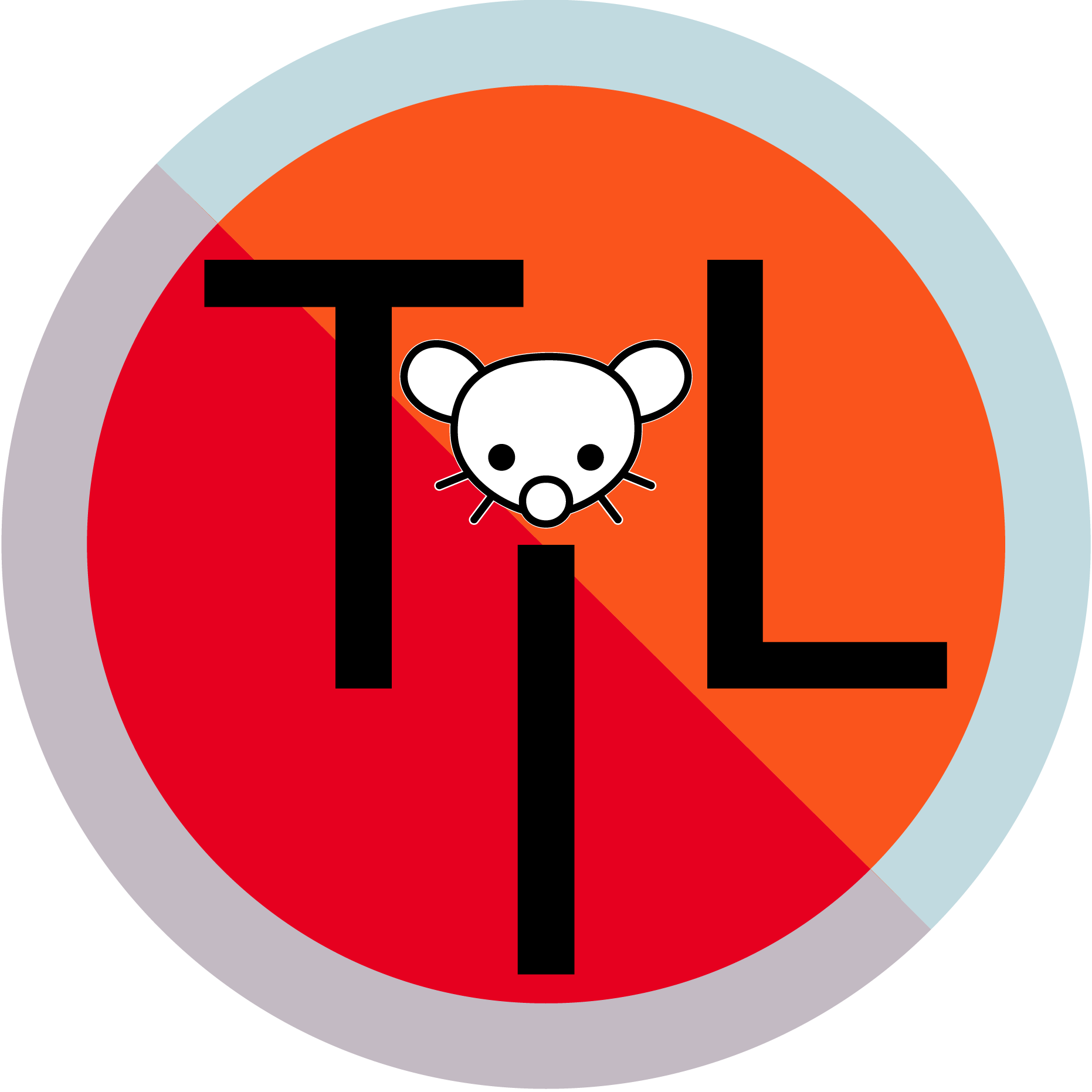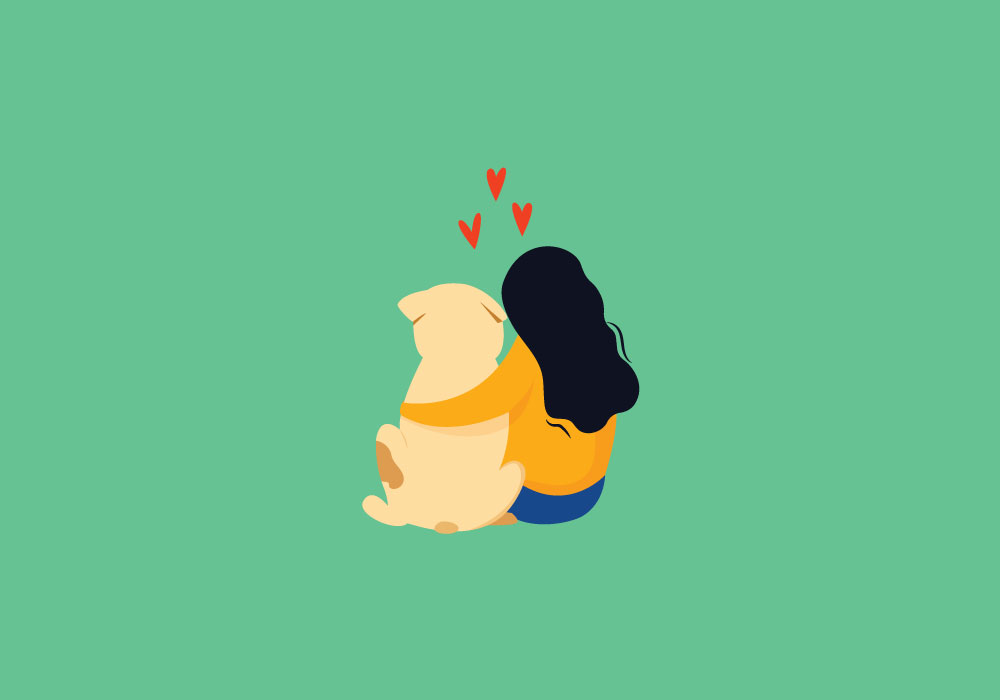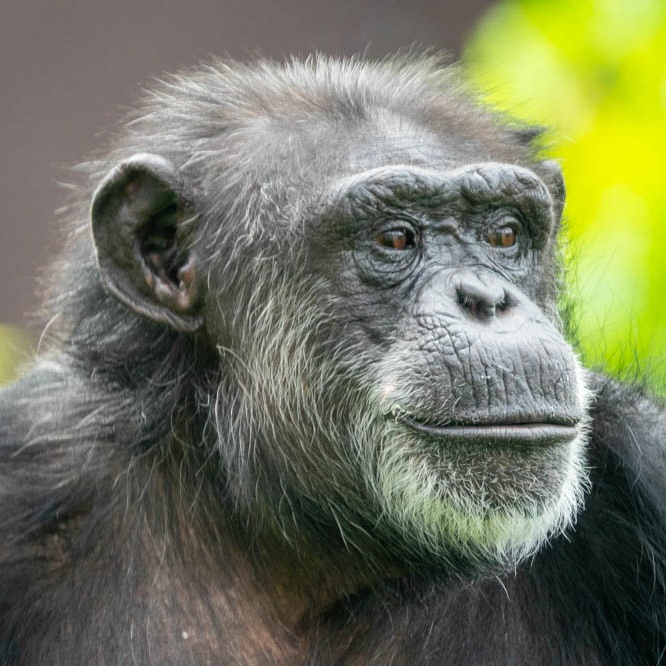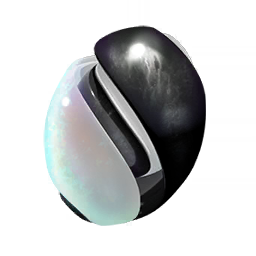Old English attests the word as docga. My hypothesis is that it’s dōc “bastard, mongrel” + -ga [diminutive suffix], roughly like calling it “the little mutt”. The vowel shortening would’ve been happened already back then, otherwise the modern form would be *doog /du:g/.
Note that Latin/Romance attests similar phenomena (depreciative word for animal becoming the default word + diminutives being ingrained into the main word). And typically when you see weird stuff going on in a language you’ll see it happening in other languages too.
I love how the author went out of his way not to mention dogging
Or “what’s up, dawg?”
If I were to have guessed I would have said squid came from both squalo meaning shark and squamata for reptiles like snakes. A squid is like a snake shark, so squa-ish. Add some shift in sounds over the centuries and it becomes squid.
A squid is like a snake shark
How dare you!
That sounds unlikely.
Both squalus “shark, whale” and squamatus scaled are from Latin; typically this sort of phenomenon affects the native vocab, not erudite borrowings. And this sort of word merging is rather uncommon. Plus Old English /a/ ended as /æ/ in modern English, not as /ɪ/ (sound changes are typically regular).
Wiktionary tentatively connects it with “squirt”, that sounds a bit more likely.
Who on earth calls their feet “dogs”? I’ve also never heard of “putting on the dog”, but that’s probably just because. 🐶
Calling feet dogs is outdated, but used to be pretty common, especially saying “my dogs are tired.” They even reference it in old cartoons. A character will take off their shoes and their feet will turn into barking dogs.
AH yes - I thought it must be an American thing.
Only heard feet referred to as dogs in american tv, never in real life, the phrase “my dogs are barking” messing the person’sfeet were sore, bloody odd if you ask me
Yeah - I reckon it must be an American thing.
In Swiss German, slippers are called “finches”, so there’s that.






